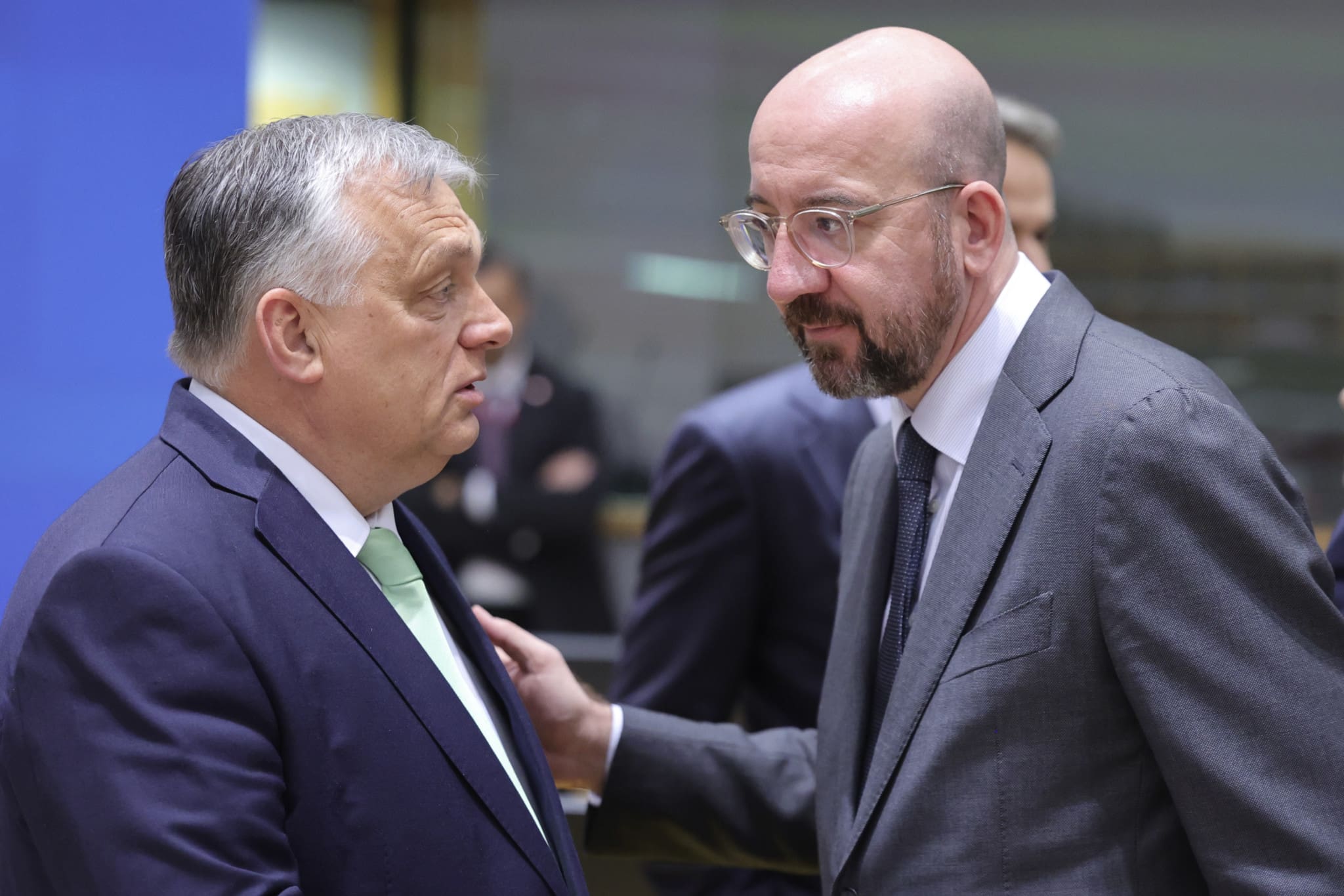European Council President Charles Michel has confirmed that he will stand in the European Parliament elections. If elected, the presidency would remain vacant, and under the current rules, the member state holding the rotating presidency — Hungary after the elections — would chair the meetings.
Charles Michel has confirmed to several Belgian newspapers that he will run in the European Parliament elections. This is the first time that the incumbent president of the European Council has stood as a candidate in an EP election.
The position was only created in 2009, when the Lisbon Treaty introduced it to the European Union. The role of a permanent president was introduced precisely to ensure “continuity” in the EU’s ambitions. The main criticisms, however, are that it undermines diversity and equal representation among member states — even though it was created to ensure these very goals.
“That scenario — an unchecked Orbán ruling the Council roost for the six months directly after the 2024 European election — is one most of the other 26 leaders of EU countries would be desperate to avoid, given escalating tensions between them and Orbán, for example over the Union’s support for Ukraine and Hungary’s rule-of-law infractions,” Politico writes.
The president of the European Council is elected by the European Council by a qualified majority. The next president will be elected in June, during the next institutional term, together with other appointments to senior posts.
The rules of procedure of the European Council provide that, if the term of office of the president expires, he or she will be replaced, if necessary in the absence of a successor, by the member of the European Council representing the member state holding the six-monthly Council presidency.
However, at the end of an information pack sent to journalists by the Council, it was stressed that these rules can be amended by a simple majority. So, if the fear of Viktor Orbán strikes a chord, the whole procedure could be changed.





